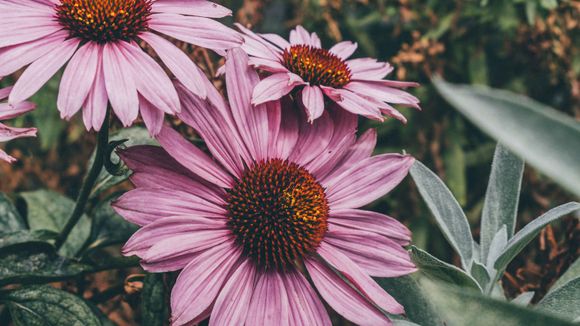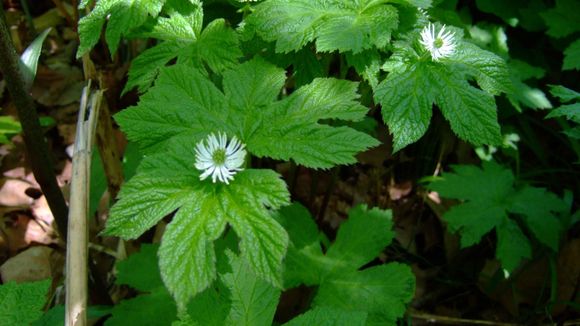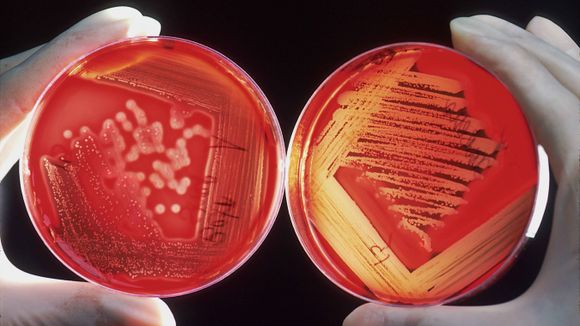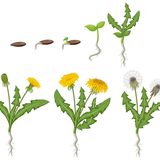The Plant-Based Healers: Echinacea and Golden Seal
Echinacea (Echinacea purpurea)
Part of the Asteraceae family, Echinacea purpurea or the 'purple coneflower' originates from North America1. Highly respected for its medicinal properties, Echinacea was a go-to remedy for various ailments such as coughs, colds, sore throats, and infections, among Native American tribes.
Golden Seal (Hydrastis canadensis)
Also indigenous to North America, Golden Seal is a member of the Ranunculaceae family. With its distinguishing yellow root, this woodland herb was widely adopted by Native American tribes for its therapeutic properties against skin diseases, digestive issues, and eye infections.

Photo by Khara Woods on Unsplash
Echinacea and Golden Seal Against Staph Infections
Staphylococcus aureus, a common bacterium, can cause severe infections if it infiltrates the body. Both Echinacea and Golden Seal have showcased potential as natural solutions against this bacteria.
Echinacea purpurea possesses alkamides known for their antimicrobial activities. Its polysaccharides are believed to stimulate the immune system, thereby bolstering the body's innate defense mechanism against staph infections.
Golden Seal is rich in berberine, a plant alkaloid celebrated for its potent antimicrobial properties. Berberine has demonstrated efficacy against a spectrum of bacteria, including Staphylococcus aureus.
DIY Herbal Recipes: Echinacea Tincture & Golden Seal Tea
Echinacea Tincture
- Procure 100 grams of dried Echinacea root.
- Transfer it into a jar and pour in 500 ml of vodka to cover the roots fully.
- Seal the jar and store it in a dark place for at least a fortnight.
- Ensure to shake it daily.
- After two weeks, strain the liquid and retain it in a clean, dark bottle.
- The Echinacea tincture can be consumed in doses of 1-2 ml thrice daily during infection periods.

Golden Seal Tea
- Take 1-2 grams of dried Golden Seal root.
- Boil it in 500 ml of water for a quarter of an hour.
- Let it cool, then strain it.
- Drink this Golden Seal tea twice daily.
As with all treatments, it's crucial to consult a healthcare provider before starting any new regimen.
Cancer-Fighting Properties of Echinacea and Golden Seal
In addition to their antibacterial capabilities, both Echinacea and Golden Seal have displayed potential anticancer properties. Phytochemicals present in Echinacea, such as chicoric acid and caftaric acid, have shown promise in inhibiting cancer cell growth. Similarly, berberine in Golden Seal has exhibited activities that prevent cell proliferation and induce apoptosis in various types of cancer cells.
Questions and Answers
Q: Can Echinacea or Golden Seal replace antibiotics?
А: Though Echinacea and Golden Seal exhibit antibacterial properties, they should not substitute prescribed antibiotics without a healthcare provider's approval. They can, however, serve as complementary treatments.
Q: Are Echinacea and Golden Seal safe for all?
А: A2: While generally safe, some individuals might experience allergic reactions. Pregnant or nursing women, children, and those with liver disease or heart conditions should consult a healthcare provider before use.
Q: Can I consume these herbs for prolonged periods?
А: Extended use of Golden Seal is not advised due to potential berberine toxicity. Echinacea is deemed safe for regular use, but further research is necessary.
Q: Do Echinacea and Golden Seal interact with medications?
А: Both herbs can interfere with certain medications. For instance, Golden Seal may affect the effectiveness of drugs such as cyclosporine and those for heart rhythm disorders.
Q: Can I cultivate these plants at home?
А: Yes, both Echinacea and Golden Seal can be cultivated at home. However, replicating Golden Seal's preferred woodland environment might prove challenging indoors.
Refencies
- "Plant of the Week: Purple Coneflower (Echinacea purpurea)"
- "Echinacea purpurea: Pharmacology, phytochemistry and analysis methods"
- "Goldenseal (Hydrastis Canadensis L.)"
- "Echinacea purpurea: Pharmacology, phytochemistry and analysis methods"
- "Echinacea plants as potential immunostimulatory drugs"
- "The Antimicrobial Potential of Berberine against Bacterial Pathogens"









